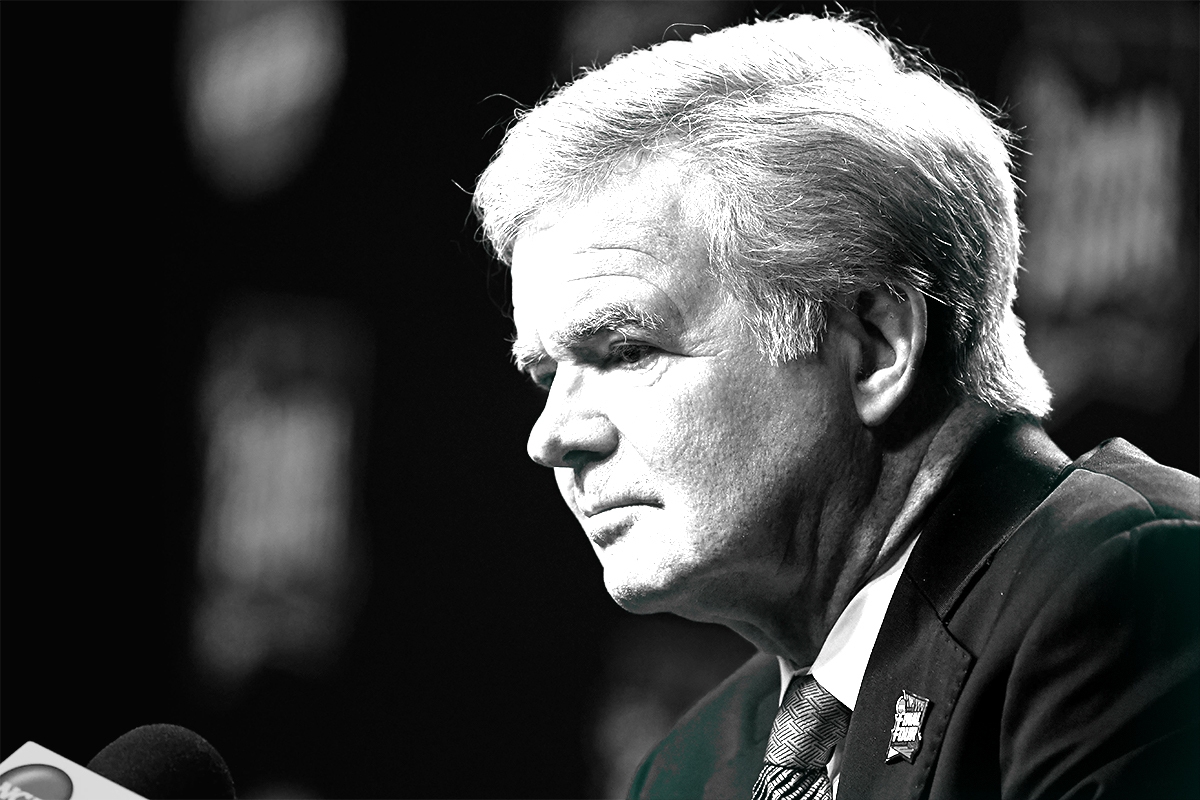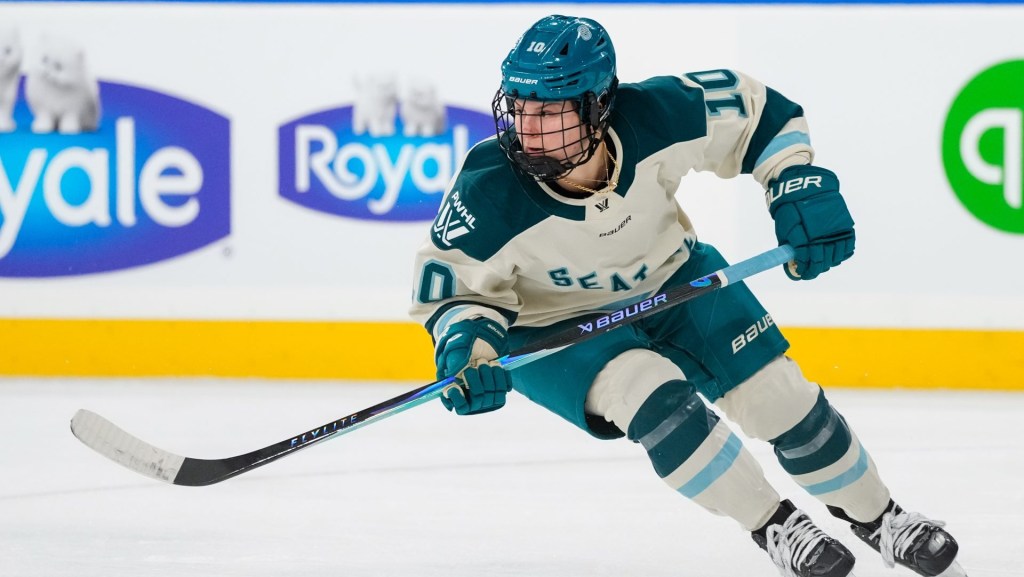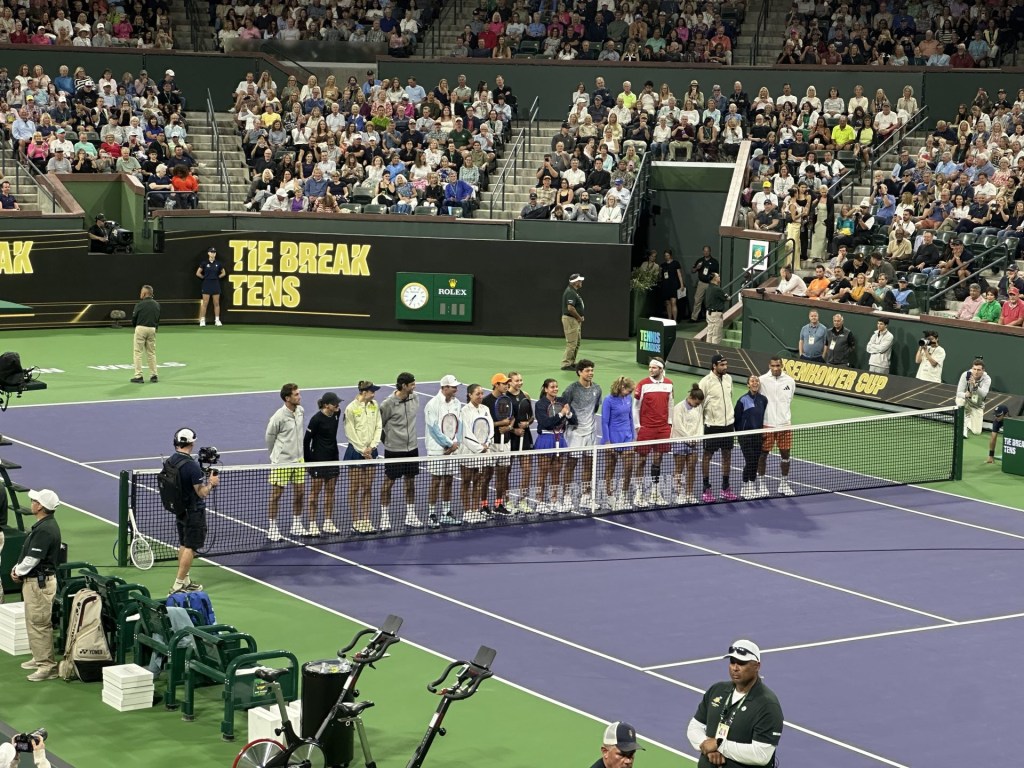The failures have sparked not just outside concern but also calls for intervention.
The NCAA launched an investigation into women’s sports inequality after lawmakers complained. And state legislatures drafted more NIL laws, further pressuring the NCAA to pass its own rules by July.
Women’s Sports Scrutiny
On March 24, 36 House Democrats signed a letter to Emmert demanding that he “review” potential inequities across sports, according to the Washington Post. The letter said the NCAA should “adhere” to Title IX’s “principles” even if the governing body isn’t legally obligated to do so.
The next day, Emmert caved. He announced that the NCAA hired an outside law firm to investigate how resources for all championships have been distributed. He promised a full report this summer.
But the criticism kept coming: On March 29, Blumenthal reached across the aisle to co-author a letter with Sen. Marsha Blackburn (R-Tenn.) expressing disgust with the inequities, and calling on the NCAA to “immediately” fix them.
Specifically, the senators took umbrage with testing disparity “that defies explanation and common sense,” the letter read. “It is indefensible that the NCAA would not set the same standards for both tournaments.”
Other groups outside Washington also pressured Emmert. The NCAA Committee on Women’s Athletics called for an investigation, according to the Washington Post, while the Women’s Basketball Coaching Association launched a campaign called #OurFairShot.
NIL Movement
During the tournaments, state legislatures were busy drafting NIL laws.
During the week of the Sweet 16 and Elite Eight, for example, Mississippi passed an NIL bill that, similarly to Florida’s, would take effect July 1. The Georgia General Assembly passed a bill that awaits Gov. Brian Kemp’s signature.
Hawkeyes guard and #NotNCAAProperty advocate Jordan Bohannon helped push for an Iowa NIL law to pass. But the bill was stalled because of the pending NCAA v. Alston decision, Bohannon tweeted.







![[Subscription Customers Only] Jun 15, 2025; Seattle, Washington, USA; Botafogo owner John Textor inside the stadium before the match during a group stage match of the 2025 FIFA Club World Cup at Lumen Field.](https://frontofficesports.com/wp-content/uploads/2026/02/USATSI_26465842_168416386_lowres-scaled.jpg?quality=100&w=1024)
![[Subscription Customers Only] Jul 13, 2025; East Rutherford, New Jersey, USA; Chelsea FC midfielder Cole Palmer (10) celebrates winning the final of the 2025 FIFA Club World Cup at MetLife Stadium](https://frontofficesports.com/wp-content/uploads/2026/02/USATSI_26636703-scaled-e1770932227605.jpg?quality=100&w=1024)








